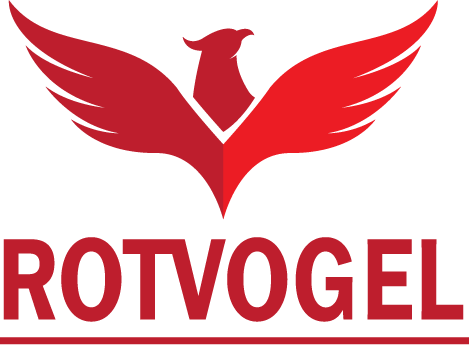ESG investments
The acronym ESG stands for Environmental, Social, Governance
and is used in the economic-financial field to indicate all activities related to Responsible Investment (RI).
These activities pursue the typical objectives of financial management but with a focus on environmental, social and governance-related aspects.
Companies with sound ESG practices show a lower cost of capital, less volatility and fewer cases of corruption and corporate fraud. According to a study conducted by German researchers, portfolios showing high ESG values have performed better in recent times.
In fact, ESG investments appear to have a more stable and qualitatively better expected long-term return, as well as being better able to contain risk in periods of high volatility.
Channelling savings towards a sustainable economy that complies with both the environment and society is a worthwhile choice.
Rotvogel constantly researches the most important ESG solutions on a global level. In recent years, the growth of socially-responsible investments has become exponential, with a total market of more than $30 trillion.
In addition, we assess the impact of ESG investment activities by analysing individual companies in terms of their approach to employees, customers and suppliers; how companies deal with civil society; and how they promote corporate commitment to a social and inclusive economy.
ESG Investments, why there is so much talk about it

Assets invested in sustainable investment strategies have grown rapidly in recent years and the trend shows no signs of slowing down.
There are three main reasons for this:
Leaders of large companies are constantly looking for more sustainable investment solutions.
Governments and authorities are increasingly focused on integrating sustainability into information and investment decision-making processes.
Increasing awareness that ESG research and analysis can help investors identify risks and opportunities for returns.
In these respects, it is useful to integrate ESG criteria into analyses, not only for the activities of institutional investors, but also for financial advisory services.
For this purpose, tools such as the social balance sheet and the CSR (Corporate Social Responsibility) Report are extremely effective.


The best thematic areas to focus on

At the heart of the responsible investment philosophy is the desire to exclude from its investments all activities in ethically controversial sectors, such as the production of firearms, nuclear weapons, tobacco or fuel extraction.
Entering into trade agreements with countries that disregard the UN code is also discouraged.
On the contrary, investing in long-term trends with good prospects is a wise strategy to adopt. Examples include generic allocations, such as transport of the future, renewable energy, inclusion and diversity; or more specific allocations, such as green bonds.
